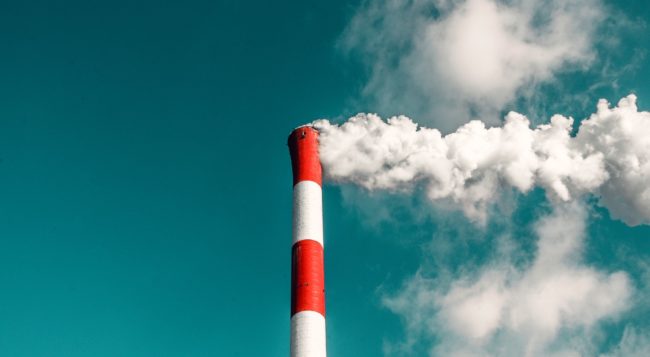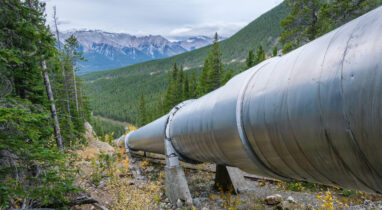”A new Environment and Climate Change Canada report on Canada’s 2019 greenhouse gas emissions presents a mixed picture, as emissions rose slightly while emissions intensity continued to decline,” Clean Prosperity Executive Director Michael Bernstein said today.
“This ECCC report can’t tell us much about the impact of the federal government’s carbon tax. The consumer-facing component of the tax was first implemented in April 2019. It was only in place for eight months of the year, and at a very low level—$20 per tonne.”
“The real power of the carbon tax comes from its ability to shift people’s behaviour over time, especially as the price of carbon continues to rise. The tax gives people a growing incentive to reduce their emissions.”
“Evidence shows that carbon taxes work. Since 2008, British Columbia has dramatically reduced its emissions intensity even as its economy has continued to grow at one of the fastest rates in the country. Emissions would have been 5-15% higher without the carbon tax.”
“Our analysis, working with Navius Research, shows that carbon pricing alone can help Canada get most of the way to our 2030 emissions-reduction targets, and halfway to net-zero by 2050.”
“That doesn’t mean we can be complacent. Emissions need to start falling in absolute terms and the federal government will need to take corrective action if this does not occur. It’s also incumbent on all federal and provincial political leaders to show how they would design a carbon pricing policy that could deliver steadily declining emissions reductions.”




